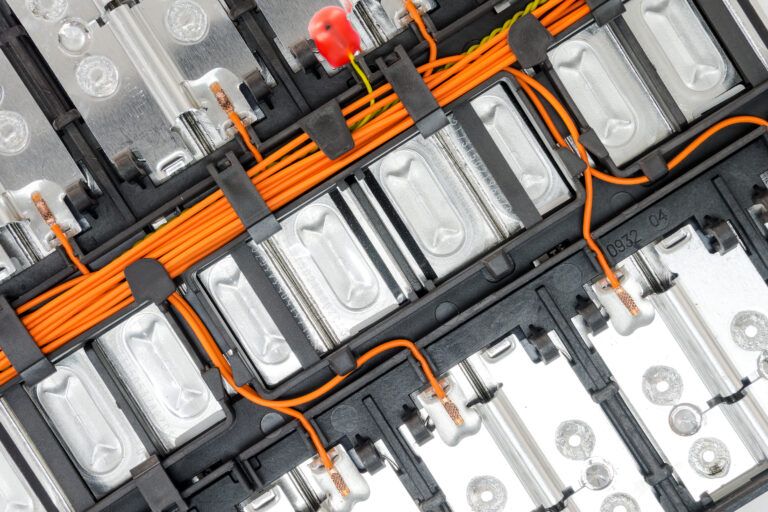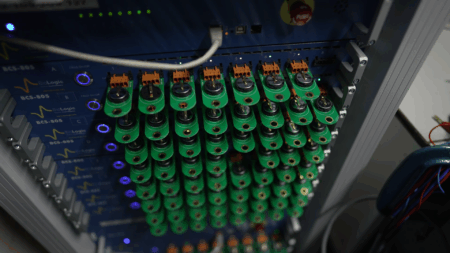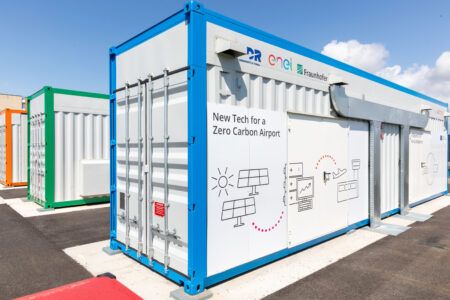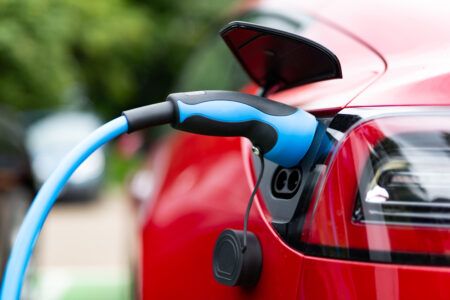Researchers at Birmingham University are developing a microwave-based thermochemical system for EV climate control that they say could extend vehicle range by as much as 70 per cent.
Known as e-Thermal bank, the system works as a secondary power source within the vehicle, offloading HVAC (heating, ventilation, and air conditioning) duties from the battery, thereby boosting range. During periods of extreme hot or cold weather, in-car HVAC can reduce range by as much as 40 per cent according to the AAA.
e-Thermal bank works by pairing a chemical heat pump with microwave energy, delivering heating or cooling to the cabin on demand, with higher energy density than battery packs. Microwave energy dissociates a solid vapour working pair and condenses the vapour into liquid. This charging process stores the energy inside the car, within the e-Thermal bank.
The discharge process sees these steps reversed, with the vapour fed into a reactor to generate heat, while a liquid-gas phase change process in an evaporator generates cooling simultaneously. According to the researchers, the thermochemical system has a high-density of 1600Wh/Kg. By contrast, the record density for lithium-ion batteries is around 700Wh/Kg.
“Heating and cooling the EV cabin requires considerable energy and is the most significant contributor to EV range reduction,” said research lead Professor Yongliang Li, chair in Thermal Energy Engineering at Birmingham’s School of Chemical Engineering.
“We aimed to offload these thermal management tasks to a microwave driven process. Microwave is a fast-heating method because microwaves penetrate uniformly through materials and so deliver energy evenly into the body of the material. The energy cost can be minimised by coupling with a smart meter to charge the system when energy is cheap, and the stored energy can then be used at any time.
“We predict that by replacing conventional HVAC and possibly a small portion of the battery pack, e-Thermal banks would provide efficient cabin temperature control and a range extension of up to 70 per cent, at a lower cost than increasing battery capacity.”
University of Birmingham Enterprise has filed a patent application for the e-Thermal bank system and is now seeking commercial partners for licensing collaboration or co-development.





